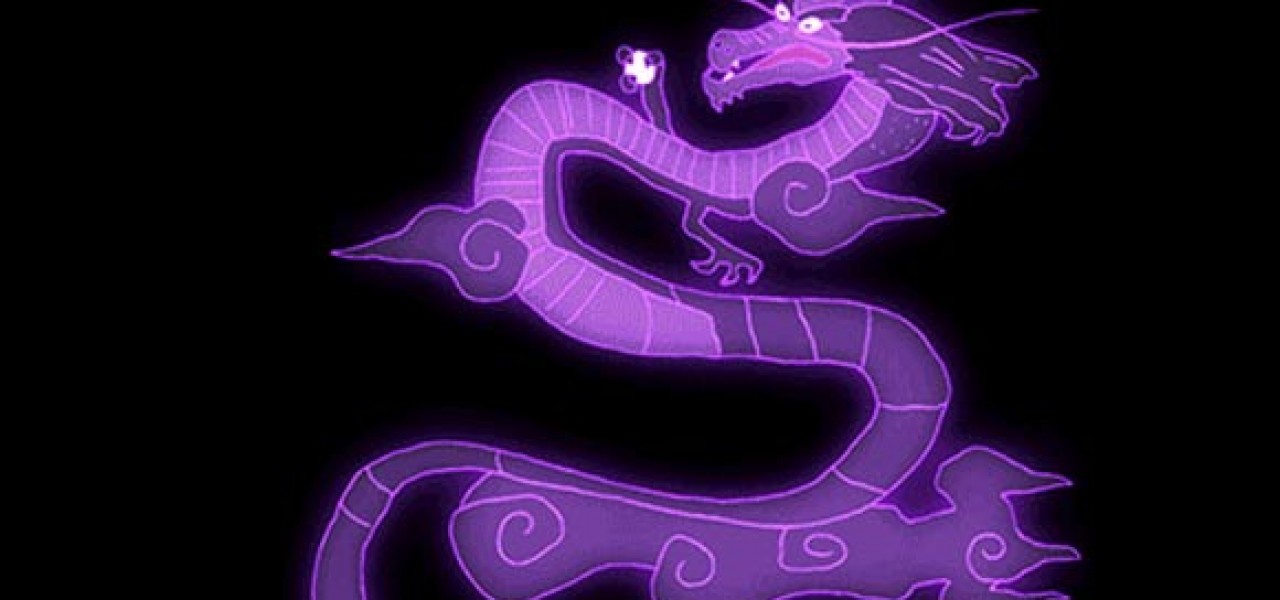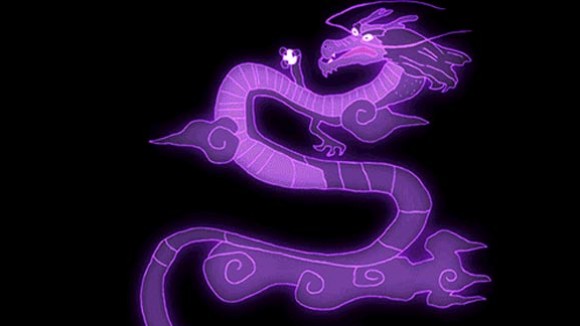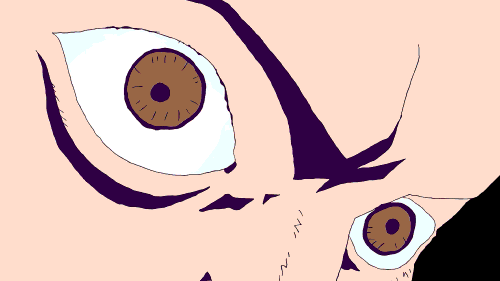

‘Ping Pong’ Recap: ‘The Only Way to Be Sure You Won’t Lose is to Not Fight’ (Ep. 4)

The championship grinds on. After Smile’s defeat at the hands of Kong, the tables are turned and the elite players of Kaio Academy come out on top against both Kong and Peco.
This episode was enjoyable if somewhat less tight feeling and less frantically paced than the previous episode. The quality was decent but for the most part on par with previous episodes, with only one standout animation scene.
The episode’s animation, though not egregiously bad by any stretch, felt a little more rushed than usual. Like the last episode, the credits list 17 key animators. A long list of key animators is often symptomatic of deadline crunch rather than more and better animation, and that seems to be the case here. The same goes for the animation directors—they bring on more directors because an episode needs help getting finished on time.
Where episode four satisfied was in the quality of the matches. Even when the animation wasn’t particularly outstanding, the matches were more deliberately directed than usual, which made them enjoyable to watch. Previous episodes showed the matches largely through virtuosic camera tricks that are Yuasa’s forte, and it made it hard to see the details of each player’s actions. Table tennis is such a quick and precise sport that without methodically depicting each player’s moves you lose its essence. This episode seemed to slow things down and let the player’s moves do the talking. For the first time in the show, it felt like you were actually watching a table tennis match.
Remarkably, series director Masaaki Yuasa storyboarded again. It seems that he will be storyboarding every episode of the show (and delegating directing to another person) in order to maintain an even tone over the entire show and achieve exactly the effect he wants. This is a new approach for Yuasa, but I can see its appeal, and it seems something of a natural evolution in his approach. Kemonozume varied dramatically in directing style from episode to episode because Yuasa didn’t storyboard everything and granted his episode storyboarders/directors relative freedom to do their thing, but Kaiba and Tatami Galaxy both seemed incrementally more unified in tone.
I find it hard to believe it’s a first, but off the top of my head I can’t think of a single other instance of an anime TV show storyboarded entirely by a single person. Even Future Boy Conan was co-storyboarded by Keiji Hayakawa. It is obviously a huge challenge for one person to storyboard every episode of a show on such a short schedule, and Yuasa is reportedly not the fastest of storyboarders to begin with, so I hope he manages to complete this challenge.
The episode was neatly divided into two big matches: the first half between old schoolmates Sakuma and Peco and the second half between Kong and Ryuichi. This was followed by some scenes providing insight into the personal lives of Kong and Ryuichi that began to humanize them a bit.
The first match was pleasing for its straight presentation and detailed depiction of movement, even though the movement wasn’t particularly dynamic. Sakuma’s string of increasing long lobs was amusing because it went on and on and on, reminding of the old adage—the more times you tell a joke, the funnier it gets. It was also revealing of his attitude towards the sport. Eclipsed as a kid by the charismatic Peco, Sakuma chose the scholarly path to patiently accrue the technical know-how to defeat his old rival. A humbled Peco cries on the steps of the stadium in the episode’s most heartbreaking moment.
Incidentally, perhaps not coincidentally, the World Table Tennis Championships are currently underway in Tokyo. A recent listicle of athletes staring directly at ping pong balls was amusing but highlights the intense concentration required. I like how the close-up slo-mo shot of Sakuma serving in the first match captures exactly the same moment of intensely staring at the ball.

The second match was quite different in style and tone. Obviously animated by the ever-amazing Yasunori Miyazawa in his patented eccentric style, it was possibly the show’s most delightful piece of animation yet. Right from the start you know Miyazawa is in the house, with that strange close-up of Ryuichi’s eye as he returns Kong’s serve. The ferocious Ryuichi is visually embodied by his namesake, a dragon hurling flaming dragon balls that shoot down Kong’s dreams of flying home victorious. Shots such as Ryuichi swelling into a giant, and his serve transforming first into lighting and then into a dragon, are classic Miyazawa.
It’s great to see that Yasunori Miyazawa will be a regular in the show. Judging by the frequency of his appearances, he seems to be one of those animators who has the rare ability to produce his animation quickly while still making it interesting and full of personality. Animators like him must be a real asset in a situation such as this. Miyazawa’s shot in the opening is obviously the last shot of Peco chewing bubble-gum. His name was misspelled in the credits, in yet another indication of the rushed schedule.
After the matches, the players go their separate ways. Kong talks with his coach on a bench outside in one of the series’ most touching scenes yet, while Ryuichi gets in the red sportscar of his beautiful cousin Yurie and drives off while his jealous teammates look on. This brings a close to the show’s first major dramatic set piece and leaves the young characters at different turning points in their table tennis careers.

When Masaaki Yuasa adapted Robin Nishi’s Mind Game a decade ago, he opted to fill out the past of the various characters to give the story more heft. He has adopted a similar tactic here. I haven’t read the manga to be able to tell what is interpolated and what comes from the original, but the episode fills us in on personal details about Kong and Ryuichi in a style that is very reminiscent to the way we were cued in to the past of the Yakuza and gang in Mind Game. The part about Kong’s mother was particularly nice. Its tone cleaved from the rest of the show in a good way. Little details like the locket with a picture of his mother and the memory of her wontons make the scene real and poignant. The series has lacked somewhat in three-dimensionality thus far because characters didn’t seem to have fully developed lives outside of table tennis, and this episode began to fill in that gap, while still delivering thrilling ping pong action.
Ping Pong Episode 4: The only way to be sure you won’t lose is not to fight
| Storyboard: Script: Series Structure: |
Masaaki Yuasa | |
| Episode Director: | Fumihiro Ueno | |
| Chief Animation Director: | Nobutake Ito | |
| Animation Director: | Hiroki Abe | Norikazu Hattori |
| Key Animation: | Yoko Iizuka | Setsuko Umino |
| Yugo Ohashi | Miyu Kaneko | |
| Rika Kanetaka | Yutaka Kawasuji | |
| Tomoki Koda | Megumi? Komatsu | |
| Rui Kondo | Haruka? Sakuramoto | |
| Atsuko Sugawara | Nagisa Takahashi | |
| Hironori Nakano | Shoichi Funaki | |
| Izumi Murakami | Yasunori Miyazawa | |
| Hiroki Abe |

